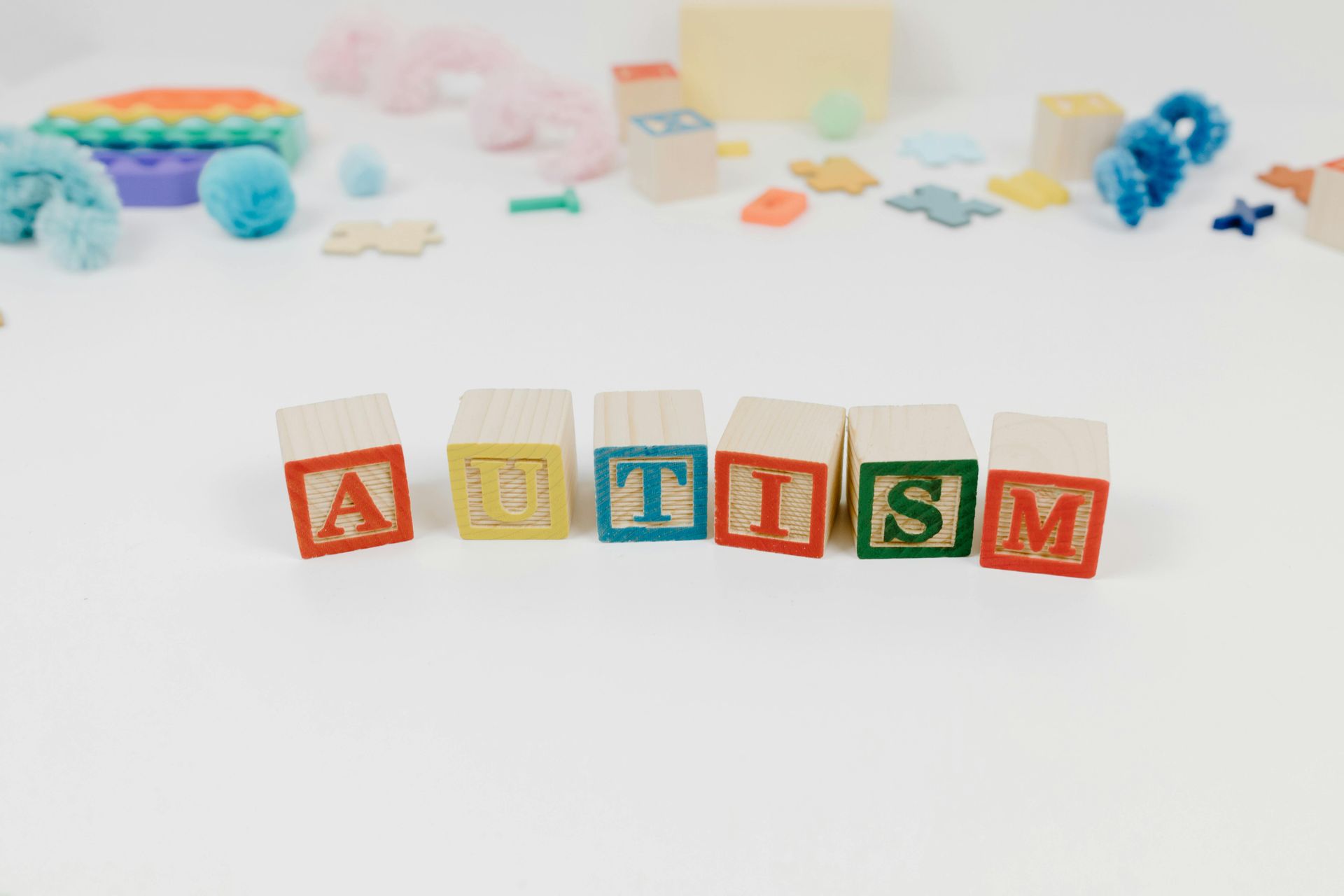Caring for individuals with intellectual disabilities is more than just a profession—it is a commitment to fostering dignity, respect, and inclusivity. It requires patience, understanding, and a deep sense of empathy to ensure that every person, regardless of ability, has the opportunity to live a fulfilling life. But what does genuine care look like? It goes beyond meeting basic needs; it involves emotional support, advocacy, and creating an environment where individuals can thrive.
Understanding Intellectual Disabilities
Intellectual disabilities (ID) are characterized by limitations in intellectual functioning and adaptive behavior, which affect everyday social and practical skills. These disabilities can vary in severity and may require different levels of support. Some individuals can live independently with minimal assistance, while others may need continuous care.
Despite these challenges, people with intellectual disabilities have unique strengths and potential. When given the right opportunities, they can lead meaningful lives, contribute to society, and form strong personal relationships. Genuine care acknowledges these strengths and focuses on empowerment rather than limitations.
The Importance of Empathy and Respect
Caring for someone with an intellectual disability requires a mindset rooted in empathy. It is essential to see the world from their perspective and recognize that their experiences, feelings, and aspirations matter just as much as anyone else's. This means:
- Speaking to them with respect, not condescension
- Encouraging independence rather than assuming incapability
- Recognizing achievements, no matter how small
- Being patient and understanding in communication
Advocating for Inclusion and Opportunities
One of the greatest challenges individuals with intellectual disabilities face is societal exclusion. Many still experience barriers in education, employment, and social settings. True care involves advocacy—working to remove these barriers and promote inclusion. This can be done by:
- Supporting inclusive education that caters to diverse learning needs
- Encouraging businesses to offer employment opportunities
- Creating community programs that promote social engagement
- Ensuring accessibility in public spaces and digital platforms
Providing Individualized Support
No two individuals with intellectual disabilities are the same. Each person has different abilities, preferences, and goals. Providing high-quality care means personalizing support to meet their specific needs. This might involve:
- Developing customized learning programs
- Offering therapy and interventions suited to their strengths
- Encouraging hobbies and skills development
- Creating safe and structured environments for growth
Building Strong Relationships
At the core of genuine care is the human connection. Building strong, trusting relationships with individuals with intellectual disabilities allows them to feel valued and secure. Caregivers, family members, and community members should prioritize meaningful interactions and positive reinforcement to boost confidence and emotional well-being.
The Path Forward
As a society, we must do better in recognizing and uplifting those with intellectual disabilities. It starts with education, awareness, and a collective effort to foster a culture of care and inclusion. When we genuinely care, we empower individuals to reach their full potential, enriching their lives and our communities.
If you believe in creating a more inclusive world, reach out to professionals who provide dedicated care and support for individuals with intellectual disabilities.
Visit www.globalhandsinc.com to learn more about how compassionate care can make a difference.










